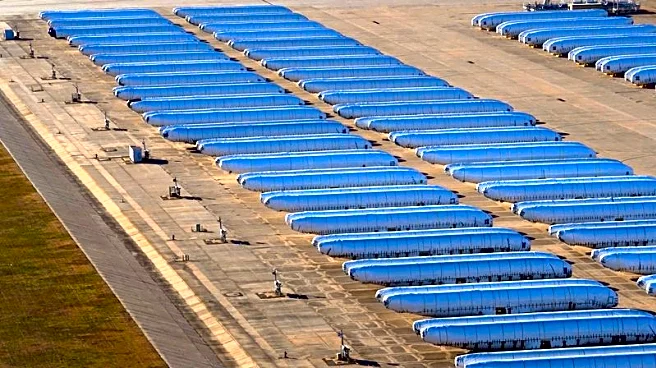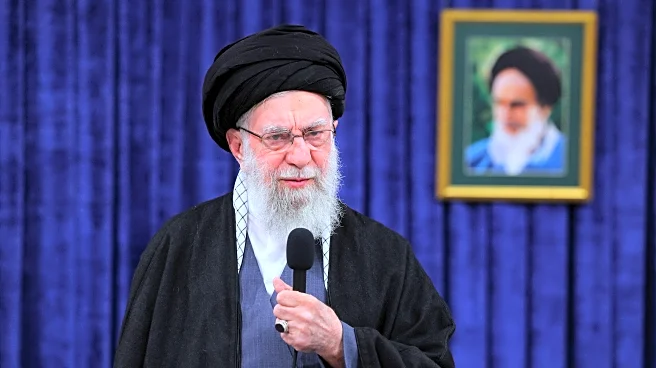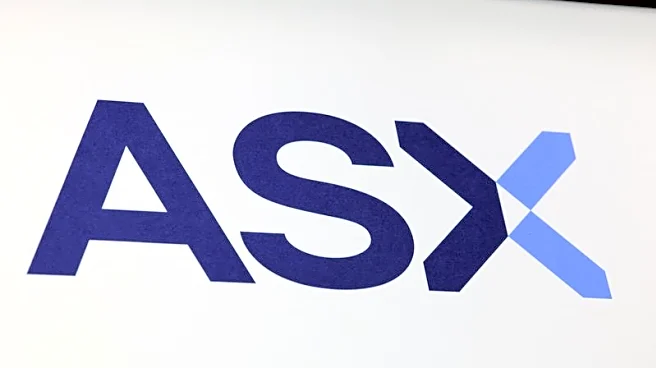What is the story about?
What's Happening?
Geoffrey Hinton, a Nobel laureate and renowned computer scientist known as the 'godfather of AI,' has expressed concerns about the impact of artificial intelligence on employment and economic inequality. In an interview, Hinton predicted that AI would lead to significant unemployment as companies replace workers with AI technologies, resulting in increased profits for a few while many become poorer. He attributes this outcome to the capitalist system rather than the technology itself. Hinton also highlighted the potential risks of AI, including its misuse for harmful purposes, and criticized the lack of regulatory measures in the U.S. compared to China.
Why It's Important?
Hinton's warnings highlight the potential socio-economic disruptions that AI could cause, particularly in terms of job displacement and income inequality. As AI technologies become more prevalent, industries may face significant shifts, with entry-level positions being most vulnerable. This could exacerbate economic disparities and challenge existing labor markets. Hinton's insights also emphasize the need for regulatory frameworks to manage AI's impact on society and prevent its misuse. Policymakers, businesses, and workers must consider strategies to mitigate these challenges, such as retraining programs and discussions on universal basic income.
Beyond the Headlines
Hinton's comments also touch on the ethical considerations of AI development and deployment. The potential for AI to be used in creating bioweapons or other harmful applications raises questions about the moral responsibilities of AI developers and the need for international cooperation in regulating AI technologies. Additionally, the discussion around universal basic income and job displacement highlights broader societal debates about the future of work and the role of technology in shaping economic systems.


















